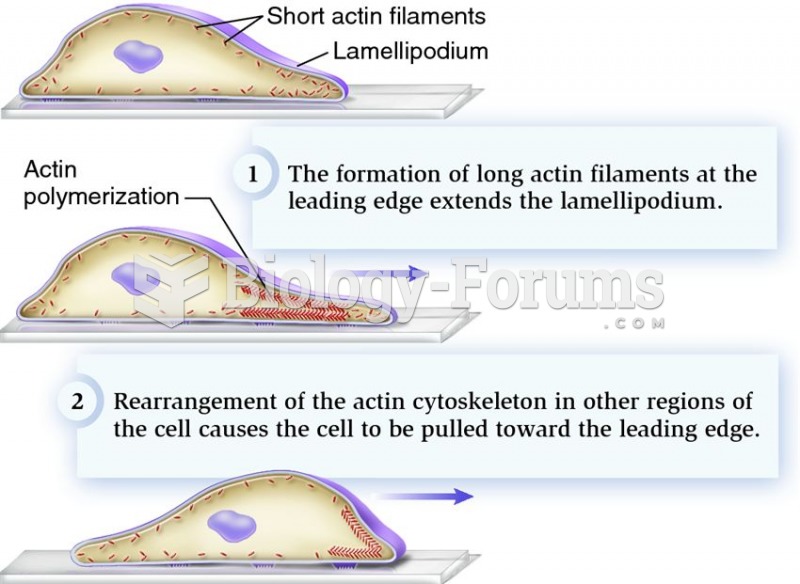|
|
|
It is difficult to obtain enough calcium without consuming milk or other dairy foods.
This year, an estimated 1.4 million Americans will have a new or recurrent heart attack.
The first oncogene was discovered in 1970 and was termed SRC (pronounced "SARK").
If you use artificial sweeteners, such as cyclamates, your eyes may be more sensitive to light. Other factors that will make your eyes more sensitive to light include use of antibiotics, oral contraceptives, hypertension medications, diuretics, and antidiabetic medications.
Blastomycosis is often misdiagnosed, resulting in tragic outcomes. It is caused by a fungus living in moist soil, in wooded areas of the United States and Canada. If inhaled, the fungus can cause mild breathing problems that may worsen and cause serious illness and even death.







